NY Magazine is having fun with Dan Brown’s latest masterpiece. It’s a respectable lineup, and while one expects fine stuff from Geoff Pullum, I was waiting for Matt Taibbi, who comes into the game in the late innings. Mr T does not disappoint.
The funny thing about this whole Dan Brown exercise for me is that I agreed to do this thinking that I was going to end up writing a passionate defense of him. Two ideas guided my thinking. One is that I strongly believe that mediocrities are entitled to make shitloads of money. This is America, after all. The other is that I never thought Dan Brown deserved his fame as a terrible writer.
…
But in book form, Langdon is just intolerable. First of all, he spends all day thinking in italics. Even with the most banal shit, he’s adding the italic drumroll. What the hell is this smell? He thought. Maybe I just farted. Then when he wants to really emphasize, he gives his italo-thought its own line:That was a silent one.
And I have to agree with Professor Pullum. Langdon is always shoving our noses in some encyclopedic minutiae. He’s the most irritating Harvard-educated, mullet-wearing sexless pedant of all time. The breaking point for me was at the beginning of chapter 41, when Sato asks Langdon to tell her “the meaning of these icons.” To which Langdon answers, in italics, in its own line:
They’re not icons, Langdon thought. They’re symbols.
It was at that point that my fantasies took a turn. “Please! Take that giant razor-edged pike out of my ear!” Langdon screamed.
It’s not a pike, Taibbi thought. It’s a gaff hook. Dripping with strychnine and donkey shit.
…
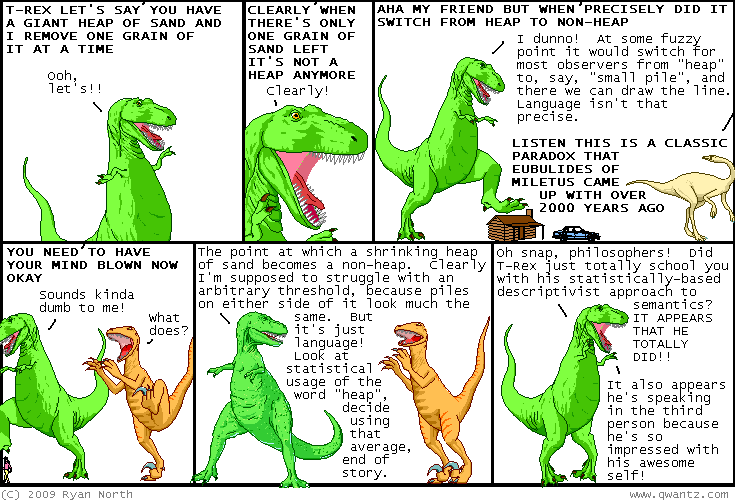
 Current events bring to mind, as they must from time to the, the words of the immortal Lord Buckley. Mr Gates has been at Harvard far too long to be hip, of course (what’s too long? Buying a ticket for Cambridge?), but surely there was a time when he would have remembered Buckley’s critical piece of advice:
Current events bring to mind, as they must from time to the, the words of the immortal Lord Buckley. Mr Gates has been at Harvard far too long to be hip, of course (what’s too long? Buying a ticket for Cambridge?), but surely there was a time when he would have remembered Buckley’s critical piece of advice: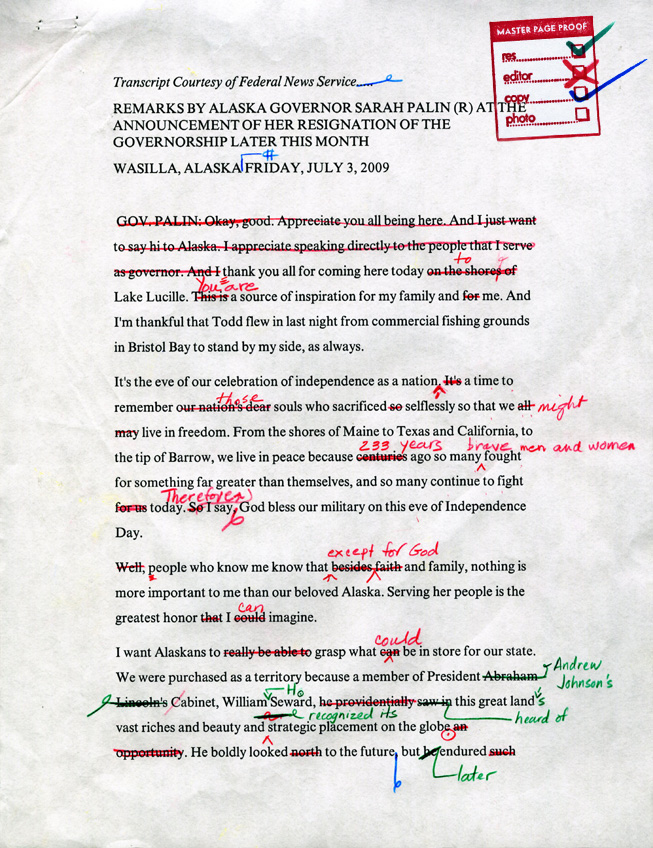

 The Flatlanders (Jimmie Dale Gilmore, Joe Ely, Butch Hancock) (isn’t that a fine photo?). Terry Allen, Tommy X Hancock. David Byrne(!).
The Flatlanders (Jimmie Dale Gilmore, Joe Ely, Butch Hancock) (isn’t that a fine photo?). Terry Allen, Tommy X Hancock. David Byrne(!). New software has enabled researchers to recreate a long forgotten musical instrument called the Lituus.
New software has enabled researchers to recreate a long forgotten musical instrument called the Lituus.

 Background: In a NY Times
Background: In a NY Times 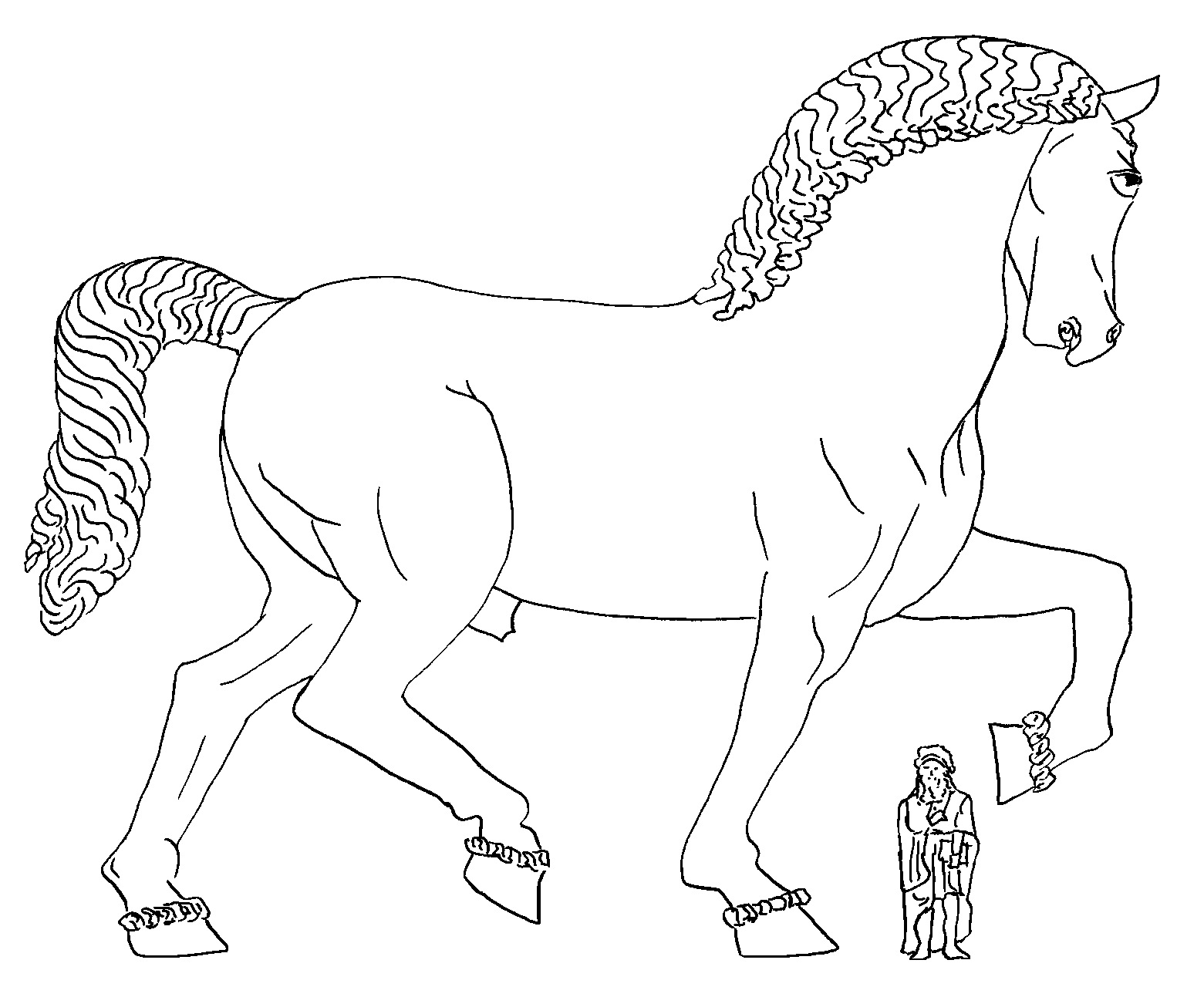
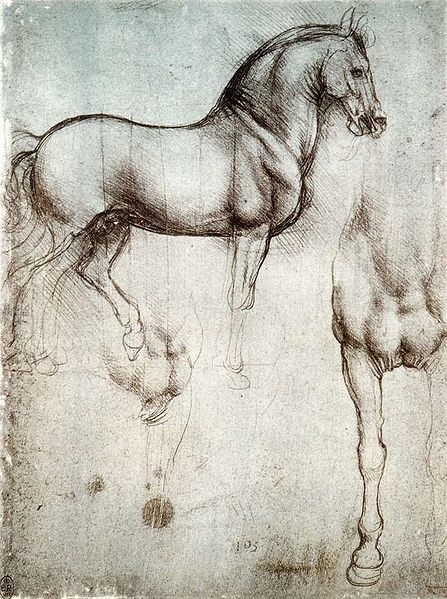
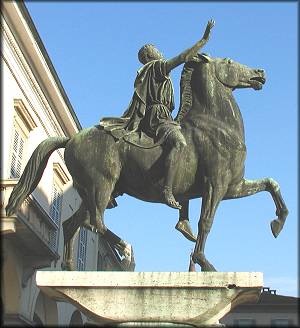
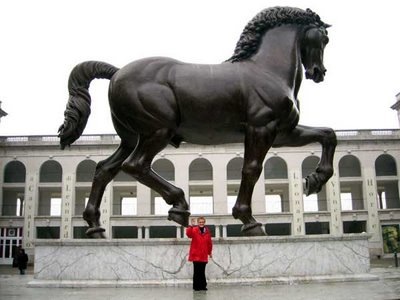
 Today is, of course, the fiftieth anniversary of Buddy Holly’s death in a plane crash in Iowa. A lot of rockers have died too young, but it’s hard to believe that any of those deaths represented a greater loss to music than Holly’s.
Today is, of course, the fiftieth anniversary of Buddy Holly’s death in a plane crash in Iowa. A lot of rockers have died too young, but it’s hard to believe that any of those deaths represented a greater loss to music than Holly’s.

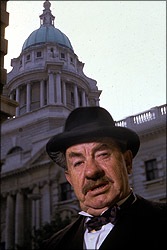 John Mortimer has left for that great Pomeroy’s Wine Bar in the sky.
John Mortimer has left for that great Pomeroy’s Wine Bar in the sky.